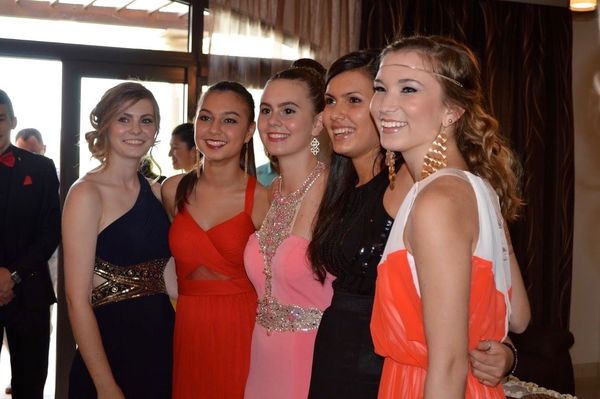It wasn't until college that I realized how many women in the science fields have made monumental discoveries only to have men take the credit. It started in one of my biology classes. Despite having the latest edition of the textbook, the information was wildly outdated. As we learned about the structure of DNA the book mentions the names "Watson and Crick" for the discovery of its shape and my teacher had to stop. He tells us that despite the text leaving her out, Rosalind Franklin was the reason that the two men were able to publish their work. Without her X-ray diffraction images, the men wouldn't have been able to see the structure and publish the findings later. Both men received a Noble Prize for the findings a few years after her death. Years later, despite her findings being public knowledge, the textbooks still omit her name for her male counterparts. Here are X other women that men have stolen credit from.
1. Vera Rubin
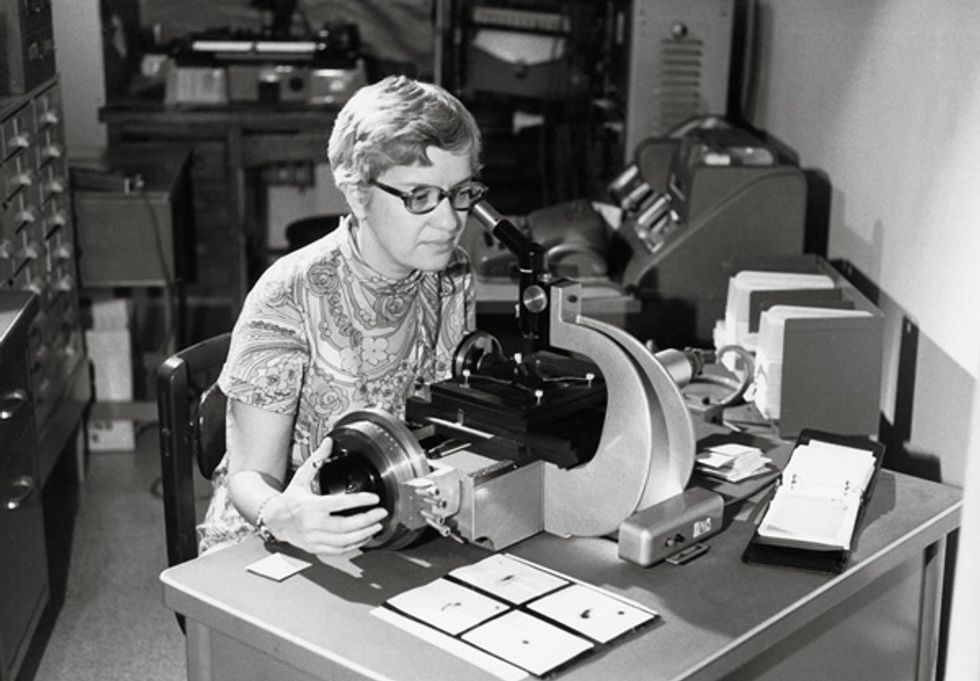
In 1948, she graduated as the only astronomy major from her college yet was denied entry into Princeton for graduate school because they did not accept women into the astronomy program. After getting her Ph. D. elsewhere while later working in research, she made calculations that showed the galaxies had over 10x as much dark matter as previously thought yet none of her colleagues believed her to be right despite evidence be clear and mathematically straight forward. She discovered that 90% of the universe is made up of invisible dark matter as we know today. She has never received a Noble Prize and her work was only recognized after her male colleagues validated it.
2. Esther Lederberg
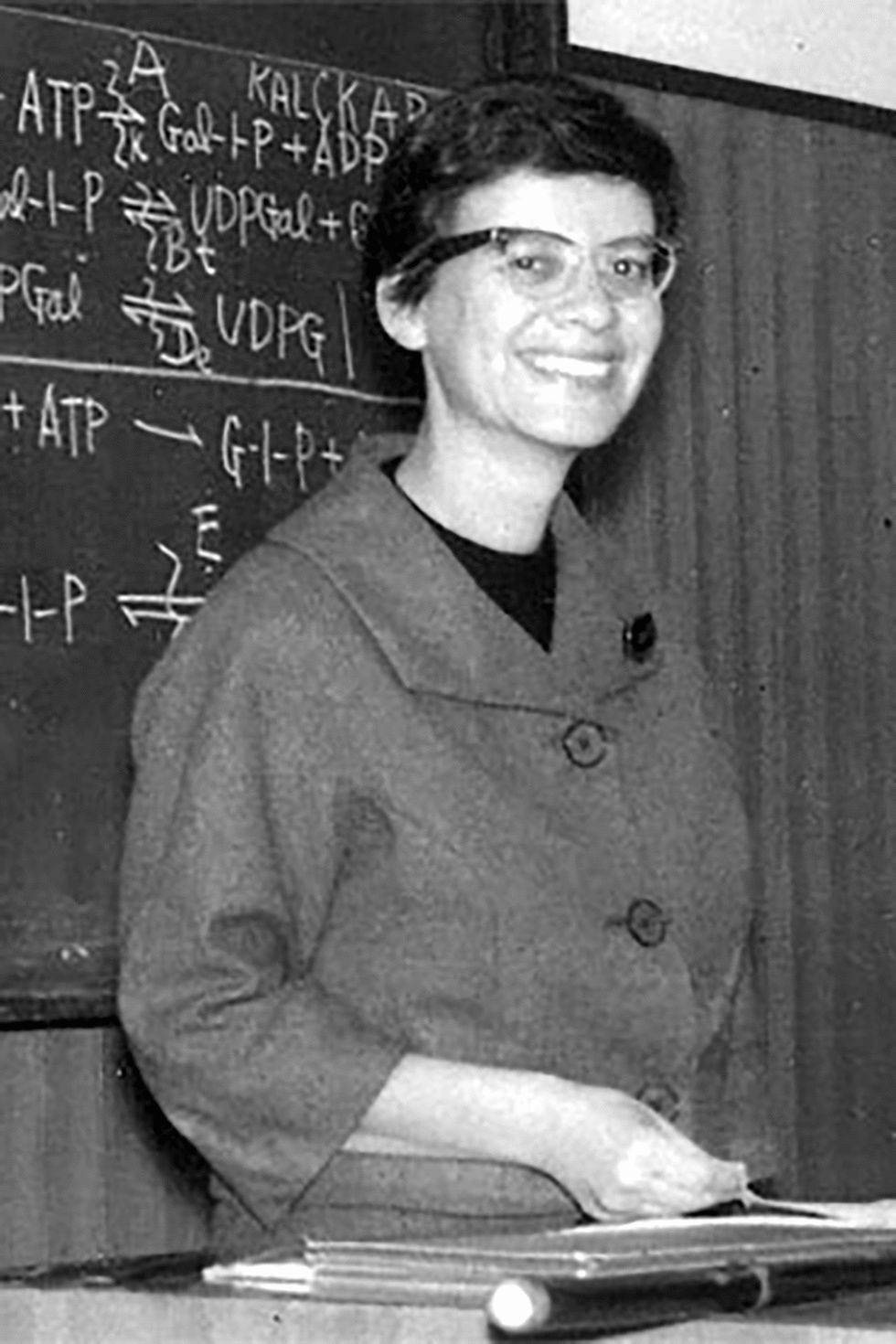
While working under her husband as an unpaid researcher, Esther discovered the lambda phage, which is a virus that integrated its DNA into infected bacteria so its genetics get passed onto new generations of bacteria. Besides all that, she also invented a bacterial plating technique that others spent years trying to perfect before her. It is still used today and contributed to many new discoveries for how resourceful and innovative it was. Who would receive the Noble Prize for discovering the bacteria can exchange genes? Her husband, despite Esther being the lead in experimental work done.
3. Henrietta Leavitt
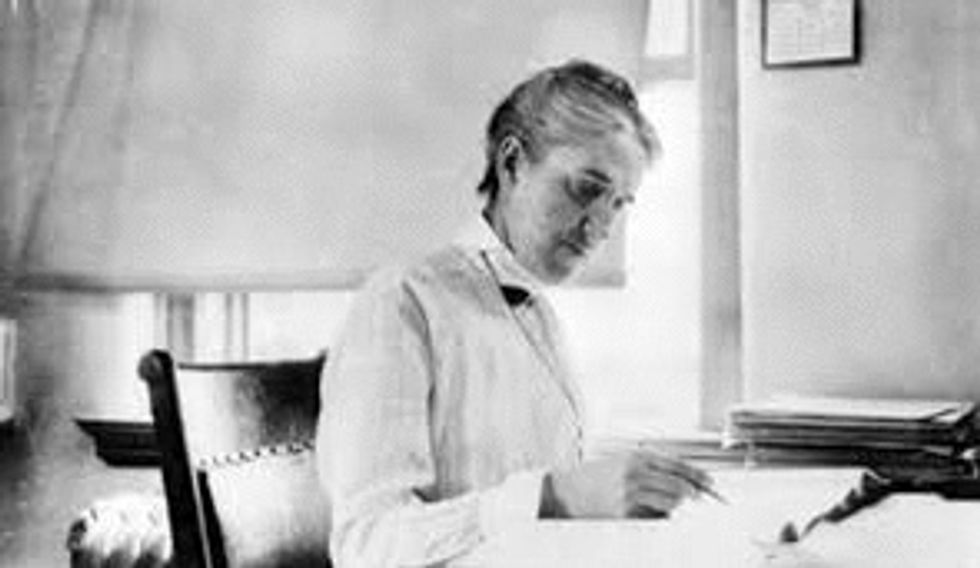
https://upload.wikimedia.org/wikipedia/commons/4/46/Leavitt_henrietta_b1.jpg
While working at Harvard, cataloging star brightness's, she alone discovered that by using the star's varying brightness and its magnitude, you could finally measure the distance a star was from Earth! This has been a monumental discovery for all future work in astronomy. Henrietta however had her work stolen and published under the director's name of the Harvard Observatory.
4. Jocelyn Bell Burnell
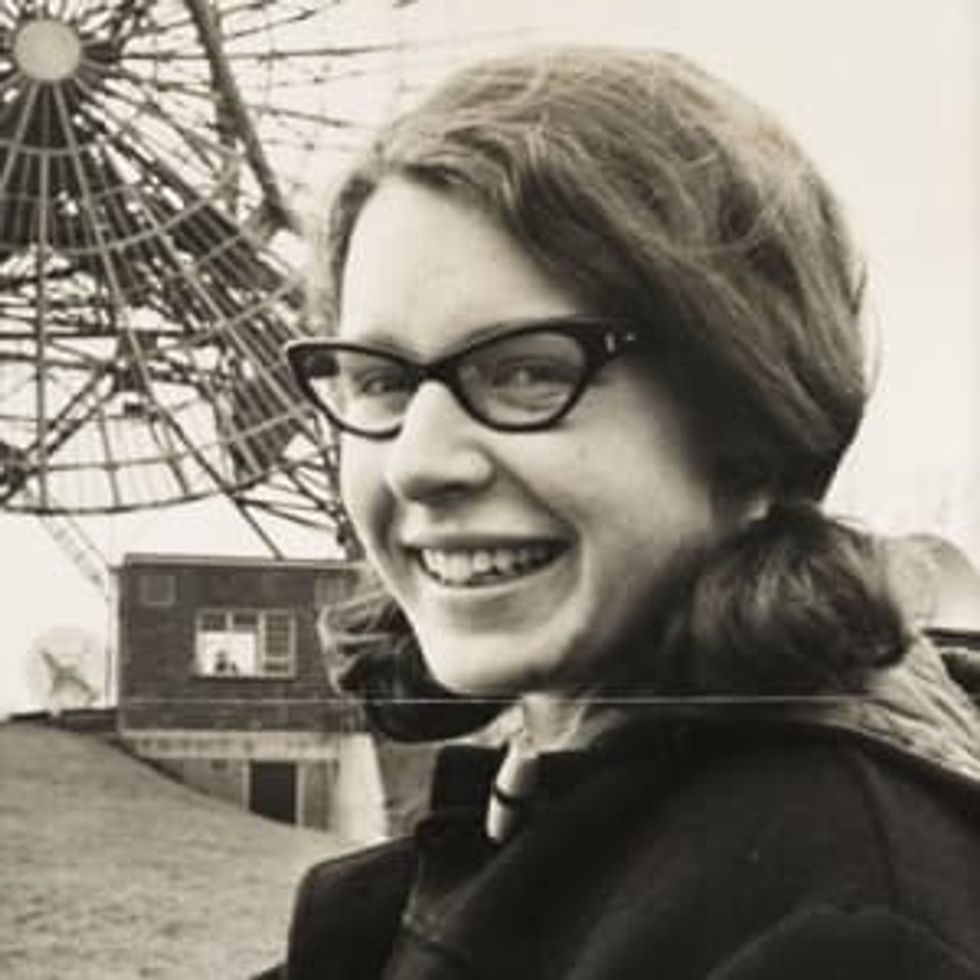
https://www.biography.com/.image/ar_1:1%2Cc_fill%2Ccs_srgb%2Cg_face%2Cq_auto:good%2Cw_300/MTE4MDAzNDEwNDUxMjAzNTk4/jocelyn-bell-burnell-9206018-1-402.jpg
As a graduate student at Cambridge University, Jocelyn discovered abnormalities to charts she was analyzing for the team of researchers. She had discovered what is known now as a pulsar or a rapidly spinning neutron star. Once the data was published, it was clear how monumental the work had been. However, Jocelyn's supervisor claimed credit for it, received the Noble Prize for Physics.
5. Chien-Shiung Wu
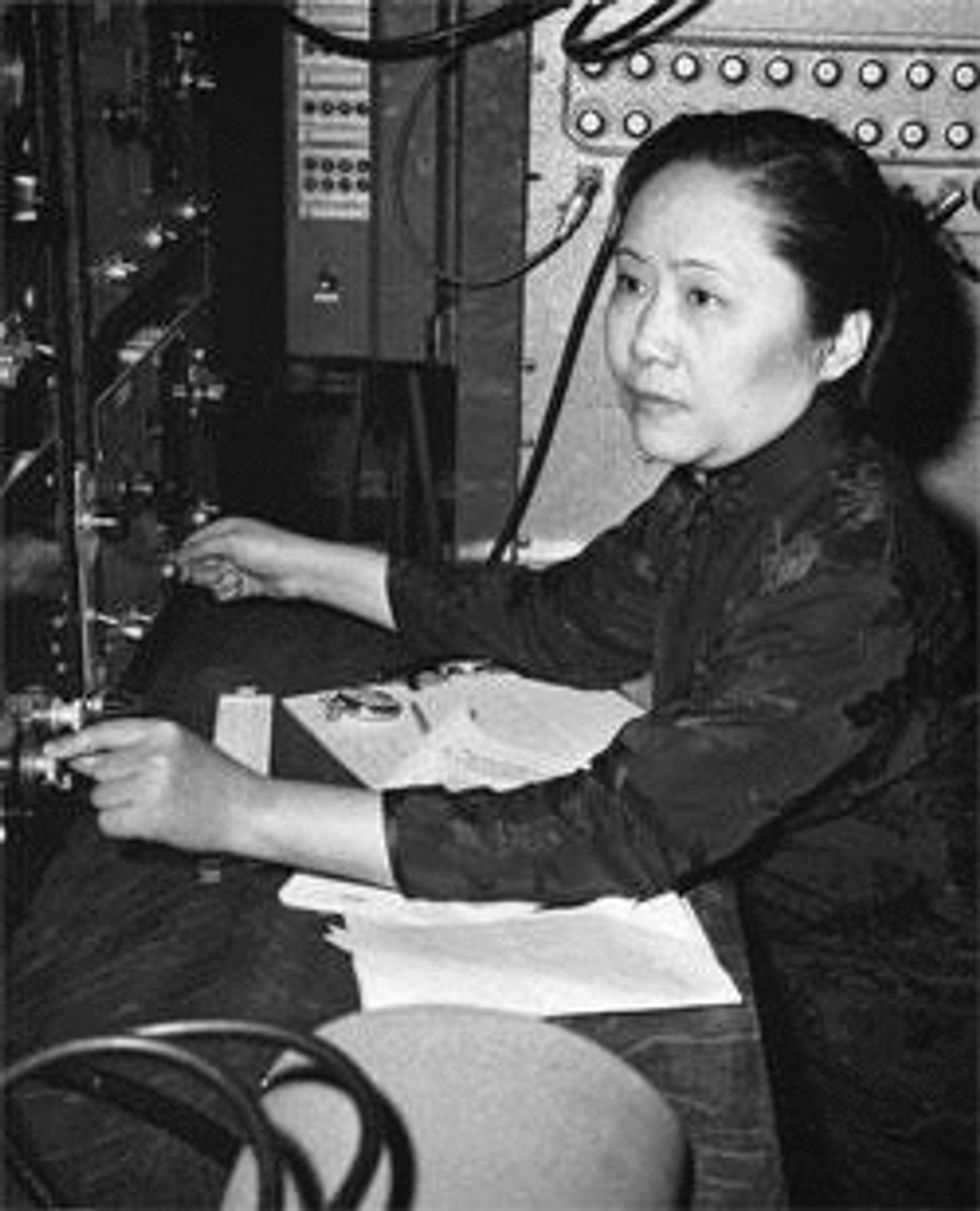
https://www.atomicheritage.org/sites/default/files/styles/profile_page_image/public/Wu_250.jpg?itok=hI4pXaIN
As a member of the Manhattan Project, she worked alongside two other men. She worked for over six months to collect data in order to try and prove a theory made by her colleagues. She was able to disprove the law of parity, a widely accepted notion of molecular particles and show evidence that the two men had hypothesized correctly. Her male counterparts went on to receive a Noble Prize for "their" findings despite Chien-Shiung Wu doing all of the research for them and actually proving the old law to be incorrect.
6. Cecilia Payne
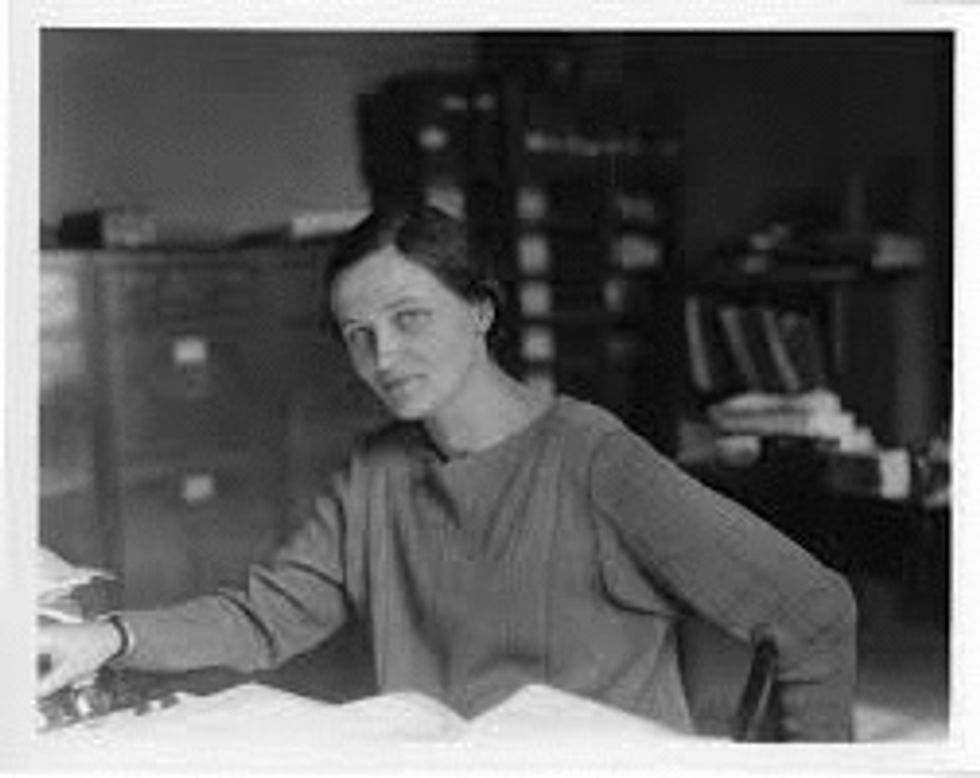
https://upload.wikimedia.org/wikipedia/commons/thumb/3/3e/Cecilia_Helena_Payne_Gaposchkin_%281900-1979%29_%283%29.jpg/753px-Cecilia_Helena_Payne_Gaposchkin_%281900-1979%29_%283%29.jpg
At a mere 25 years old, working on her PhD, she discovered something revolutionary to astronomy today. The previous belief was the sun and other stars were composed of heavy metals, however, Cecilia was able to prove that it was actually composed of mostly helium and hydrogen. Before she was going to present her finding for her thesis, she was convinced that the time wasn't right for her to present the data. A few years later, the man that persuaded her not to present, published a paper with all the same "findings" giving her no recognition at all.
7. Lise Meitner
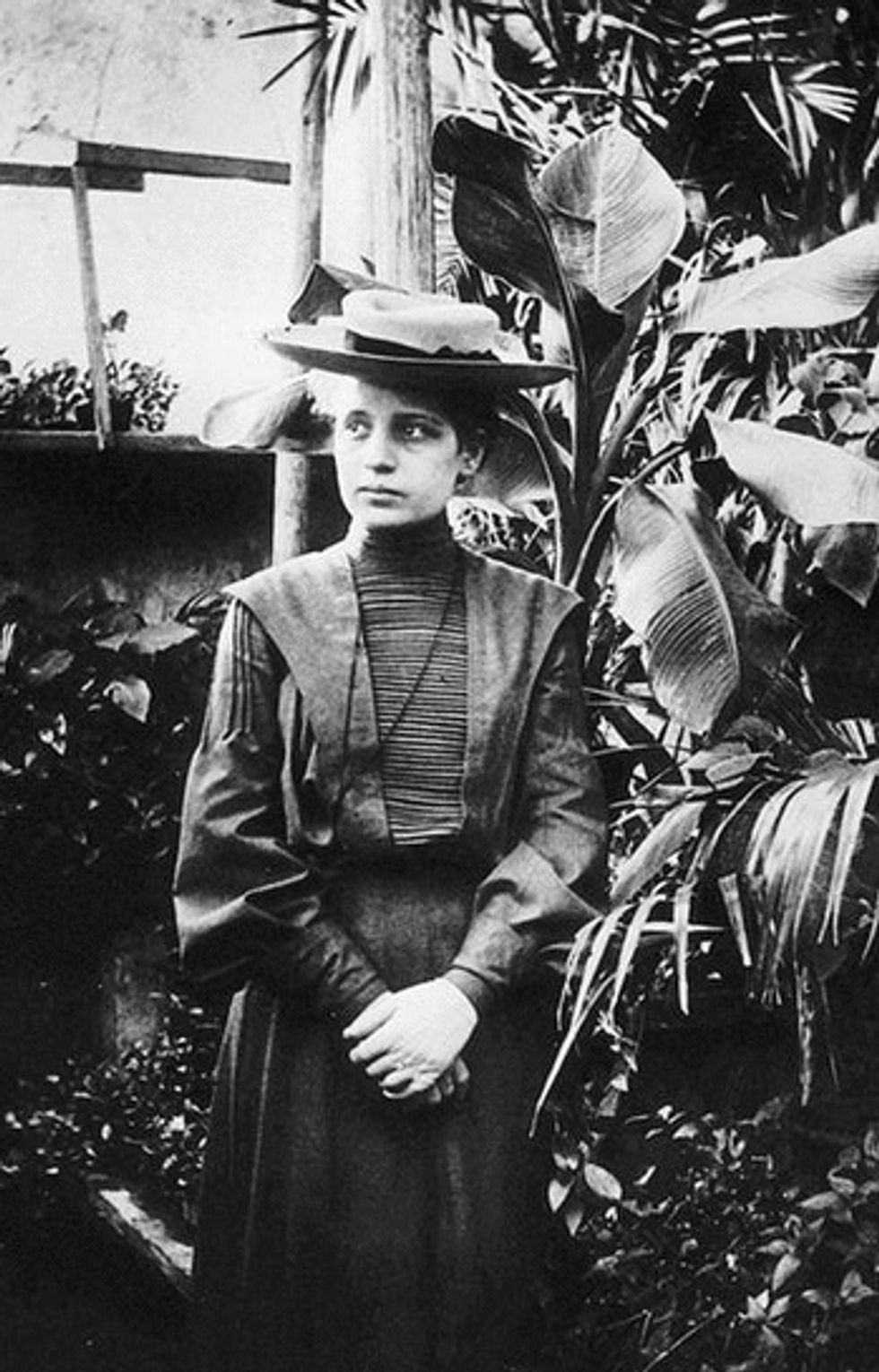
https://imgix.bustle.com/2017/2/27/52024ce5-a5ac-49c5-a8fa-ad09ced132ef.jpg?w=349&h=544.6584&fit=max&auto=format&q=70
Lise was an Austrian physicist working with the development of the atom bomb. Being that Lise was of Jewish decent, she was forced to flee Germany at the time because of the rise of Nazi takeovers. She continued her project from a distance in Sweden while her partners worked in Berlin. Meitner was the person who theorized and described nuclear fission. When her partners published the discovery they left her out, partially because of her decent and partially because she was a women working on it. Her partner received a Noble Prize for the work, she was not included.
8. Candace Pert
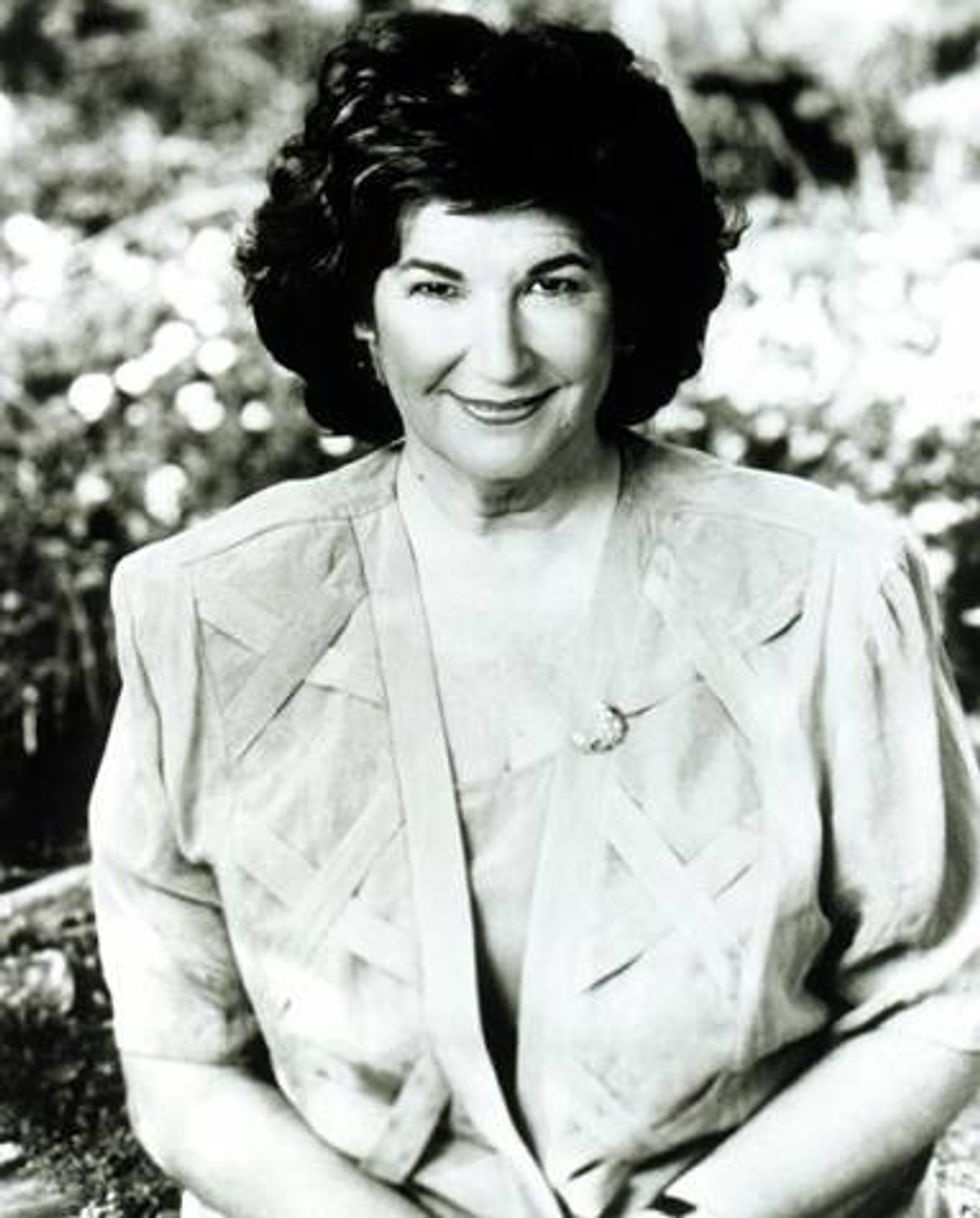
https://www.opioids.com/endogenous/Nx476xcandace-pert.jpg.pagespeed.ic.xVI7C8L5gq.jpg
Candace was a graduate student at Johns Hopkins University when she found something major. She thought up, carried out, and experimented to find the opiate receptor in the brain, never found before. However, her professor took claim to her findings, even awarded recognition to two other males, and went on to win the Albert Lasker Award for the findings. Candace was never once acknowledged. She protested and tried to get the recognition she rightfully deserved, but was told "That's how the game is played".
In the past, female researchers have had to work as volunteer faculty, unpaid researchers, denied admittance to university and even had to take tests under male names. So many women have seen their credit for significant discoveries they've made given to male colleagues, male professors, or even their husbands. Despite being written out of textbooks and Noble Prizes they have persisted and continued to be monumental changes within the scientific community for findings that have changed our world. Since working in the field, I find this topic hurts my heart and I'm proud of how persistent women have been to be able to get where we are today in science. You can read more about this topic Here Here and Here.













